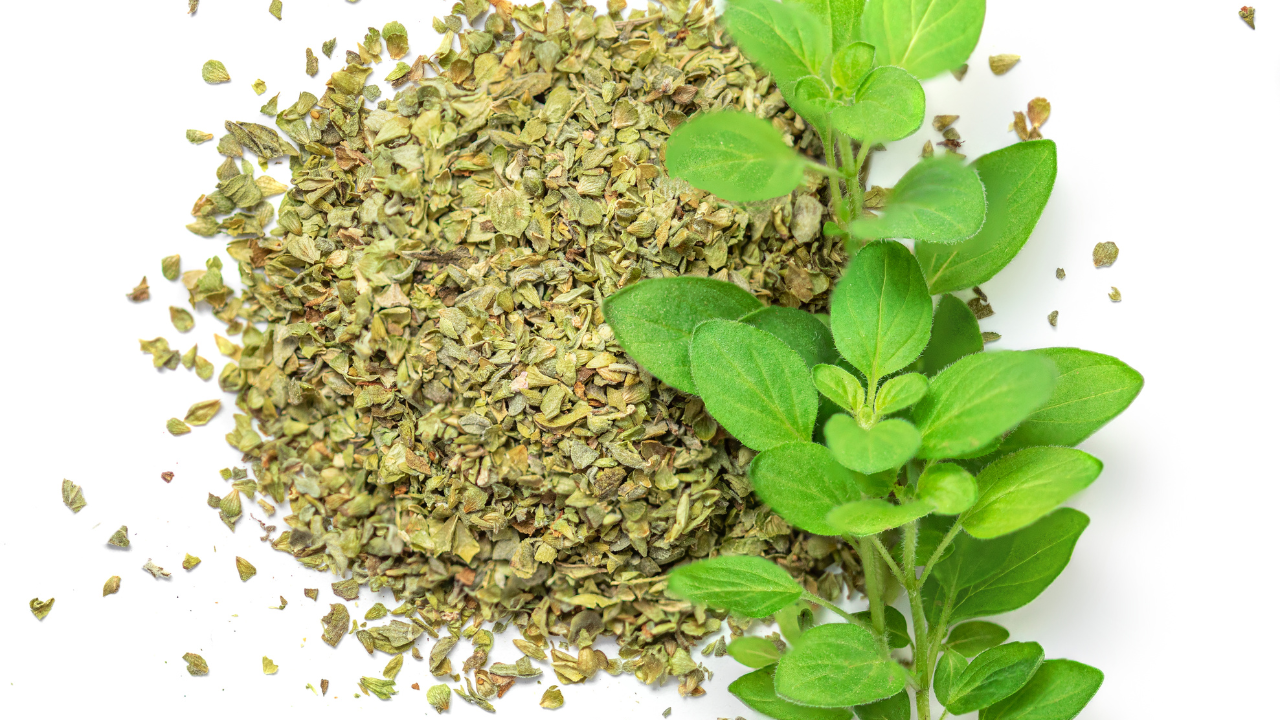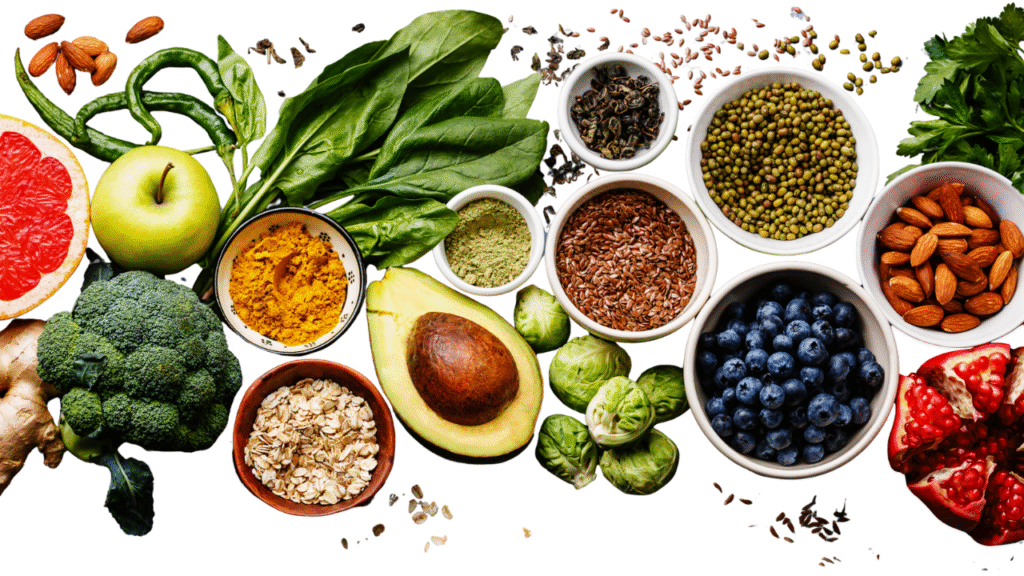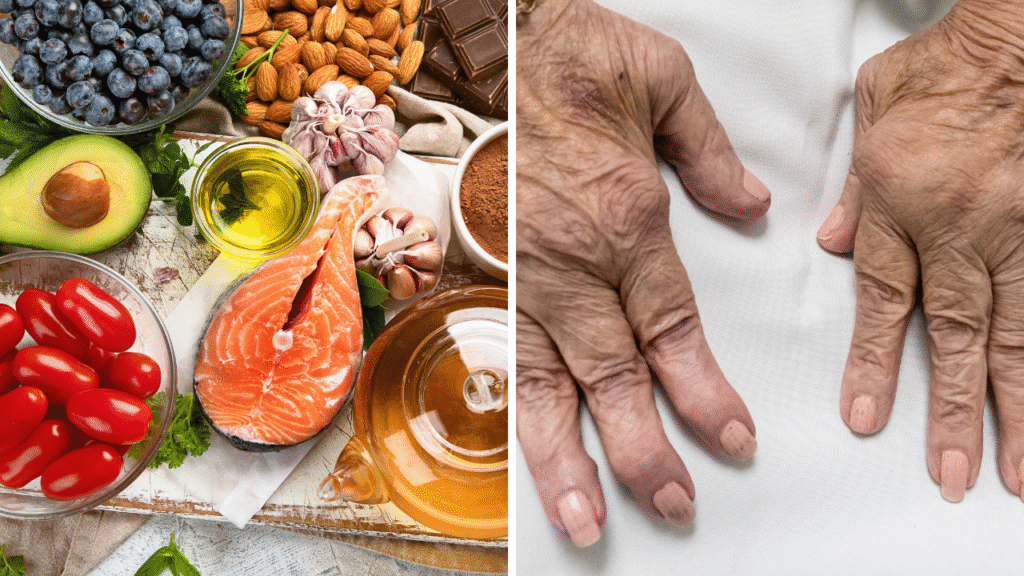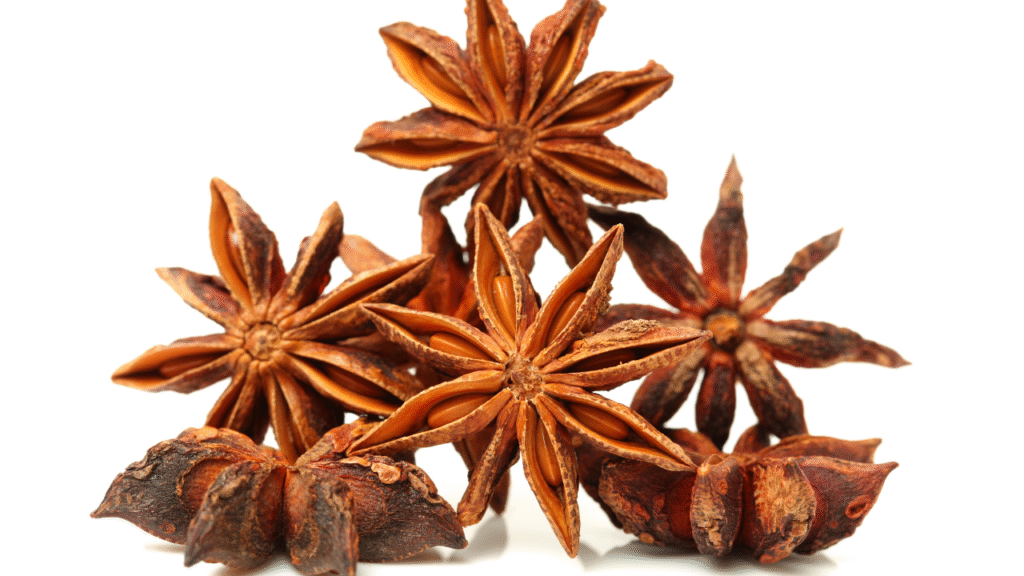What exactly is oregano?
Origanum vulgare (also known as Spanish thyme and wild marjoram) is the spice variety sold as oregano in Europe and the United States. It has anti-inflammatory properties and is beneficial to the cardiovascular and nervous systems. Because of its antioxidant and antibacterial properties, oregano is one of the best herbs for healing. It has been used in traditional medicine for thousands of years to treat upset stomachs, respiratory complaints, and bacterial infections. The Greek word “oregano” means “Joy of the Mountain,” and this herb’s name is derived from that meaning. It has a strong flavor and adds warmth and a subtle sweetness to dishes. One teaspoon of dried oregano provides about 8% of your daily vitamin K requirements.
Health Benefits
1. Antioxidants:
Oregano is rich in antioxidants, which help the body fight damage caused by free radicals. Its high oxygen radical absorbance capacity (ORAC) of 159,277 makes it one of the top antioxidant foods. Furthermore, oregano oil contains a high concentration of carvacrol and thymol, two antioxidants that can help prevent cell damage caused by free radicals.
2. Antibiotic and antibacterial properties:
According to studies, oregano contains compounds with potent antibacterial properties. The main components of essential oregano oil are carvacrol and thymol, which may have antimicrobial properties. In addition, there’s research supporting the use of oil as an alternative to harmful antibiotics for several health concerns. Furthermore, oregano is high in vitamin C, an essential antioxidant for the immune system. Carvacrol in the herb aids in the fight against bacteria, such as pneumococcal disease, which causes bronchitis and pneumonia infection. Furthermore, it is a stimulating agent that promotes the production of white blood cells and accelerates metabolism, resulting in a faster recovery from common illnesses.
3. Anti-Cancer Properties:
Oregano contains a lot of antioxidants, which can help neutralize free radical damage and help prevent cancer. Some in vitro studies have suggested that oregano and its constituents may aid in killing cancer cells or reducing cancer cell growth. A varied, plant-based diet high in antioxidants may help prevent cancer-causing cell changes. Furthermore, using oregano oil in conjunction with your chemotherapy treatment may help reduce pain symptoms. Researchers have also discovered evidence that carvacrol and thymol may inhibit the growth of melanoma cells and the spread of skin cancer. Oregano contains fiber, which aids in binding bile salts and cancer-causing toxins in the colon and their removal from the body.
4. Defends Against Viral Infections
Scientific evidence shows that oregano can successfully protect the human body against a wide range of viruses. One of the main components, carvacrol, has been shown to have antiviral properties. Inactivated norovirus, for example, is a viral infection that causes nausea, stomach pain, and diarrhea within an hour of treatment. Another study found that the same component inactivated 90 percent of the herpes simplex virus quickly.
5. Anti-inflammatory properties:
Oregano contains a high concentration of antioxidants, which can help neutralize free radicals and reduce inflammation. For example, in animal research, carvacrol has been shown to lessen the swelling of mouse paws by up to 57%. Another study found that an essential oil blend of thyme and oregano reduced the number of inflammatory markers in mice with colitis. Products containing oregano treat inflammatory conditions such as allergies and rheumatoid arthritis. In addition, you can use topical herbal extracts to treat insect bites, psoriasis, acne, and muscle pain.
6. Simple to incorporate into your diet:
As a versatile herb you can utilize in various ways, oregano is easy to add to your daily diet. It is often used in Mediterranean cuisine, a versatile spice you may use in sauces, stuffings, soups, and salads. In addition, it’s ideal for chopping or crushing the leaves after the cooking procedure for the most flavorful results. In Italian and Mediterranean cuisine, oregano’s adaptability suits many recipes. It enhances the recipe’s flavor and adds a new flavor dynamic.
7. Diabetes:
Compounds in oregano may aid in the management of type 2 diabetes. According to one study, Origanum extract may help treat insulin resistance, and repair damaged liver and kidney tissues. In 2015, scientists discovered that an extract improved type 1 diabetes in mice. They hypothesized this was due to its antioxidant properties, immune system effects, and ability to prevent cell death.
8. Maintain a healthy body weight:
Being overweight can cause fat sludge to accumulate in your liver, gallbladder, lymph system, and other organs—oregano aids in the breakdown of this buildup, allowing you to lose weight. Furthermore, studies suggest that oregano’s carvacrol increases metabolic rate, causing the body to burn more calories. It’s worth a shot as part of a healthy diet and way of life. However, if no weight is lost, it will not harm you and only improve your health.
9. Depression:
A 2019 study on rats found that essential oregano oil may help reduce depressive-like behavior caused by chronic, unpredictable stress. Carvacrol, found in this herb, raises dopamine levels in mice. It has also been found to generate feelings of well-being when taken regularly at a low concentration.
10. Improve immune function:
The GI Tract houses more than 60% of the immune system. You strengthen your immune system by improving your digestive health, and consuming oregano with meals has a strong antiviral effect. In addition, Thymol and rosmarinic acid, two of the most important components of oregano, are both antioxidants associated with reducing oxidative stress in the body.
Side Effects
Oregano has potent antioxidant, antibacterial, antiviral, and anti-inflammatory properties. People allergic to Lamiaceae family herbs, such as mint and basil, should exercise caution when eating them for the first time. Including dried or fresh leaves in recipes is a great way to get the plant’s antioxidants. Because the oil is much more concentrated, you should consume it only for short periods, no more than two weeks. Most people should be fine using oregano as a herb, oil, or supplement.
Conclusion
In conclusion, oregano has some pretty potent health benefits. It possesses powerful antioxidant, antibacterial, antiviral, and anti-inflammatory properties. Furthermore, it is versatile and easy to incorporate into your diet, and you can use it in a wide range of fresh, dried, or oil-based recipes.
Where to buy
NOTE: Please seek advice from your health practitioner before adding these herbs and spices to your diet. Some herbs and spices might contraindicate with prescription medication.
DISCLAIMER OF MEDICINE
This information is not intended to provide medical advice or replace a personal physician’s advice or treatment. All readers of this information, especially those taking prescription or over-the-counter medications, should check with their doctors before initiating any nutrition, supplement, or lifestyle program. In addition, the statements and goods on this website have not been evaluated by the Food and Drug Administration.
Mountain Rose Herbs

Mountain Rose Herbs is dedicated to carrying a diverse range of certified organic and fair trade products.
Mountain Rose Herbs has various organic botanical products such as herbs, spices, teas, essential oils, and beauty and personal care items.
You can find all you need for a well-stocked spice cabinet from their A-Z list of dried herbs and spices, specialty seasonings, gourmet salts, peppercorns, seaweeds, and sprouting seeds.





